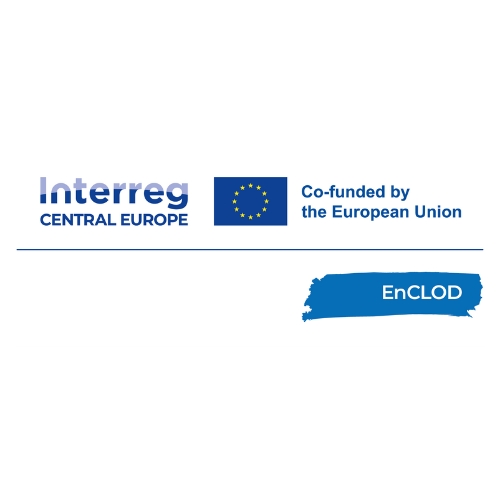
AT A GLANCE
Data is crucial for governance and economic growth, yet local authorities in Central Europe often struggle to use it effectively. Meanwhile, the private sector and civil society are advancing rapidly in digitalisation, making extensive use of Open Data and IoT (Internet of Things), but their potential in solving urban and social issues remains underutilised.
The EnCLOD project aims to enhance governance in five Central European territories by promoting the use of Open Data and IoT sensor networks. This initiative strengthens multi-level governance, engages civil society, and fosters public-private collaboration, driving innovation and economic prosperity.

Objectives:
The project is carried out by a consortium of 10 partners, including local authorities, universities, and technological SMEs, from five Central European countries: Italy, Slovakia, Slovenia, Czech Republic, and Hungary.
The project aims to significantly enhance the awareness and knowledge of policy actors and decision-makers from pilot territories and beyond regarding the potential of Open Data (OD) and the Internet of Things (IoT) for territorial governance. This will be achieved through the collection of case studies, targeted education, and capacity-building activities.
Additionally, the project will generate tangible, visible, and lasting impacts in five Central European pilot areas (Vicenza, Italy; Olomouc, Czech Republic; Debrecen, Hungary; Zilina, Slovakia; and Nova Gorica, Slovenia). This will be accomplished through the development of local Action Plans that leverage OD and IoT opportunities for effective territorial governance and city-region planning. Furthermore, five Pilot Actions will be implemented to address specific challenges related to mobility/transport, the environment, or climate change in each area.
In all instances, special emphasis will be placed on fostering active engagement from citizens and economic operators through the organisation of hackathons, public events, and the provision of all generated data under an Open Data commons license.